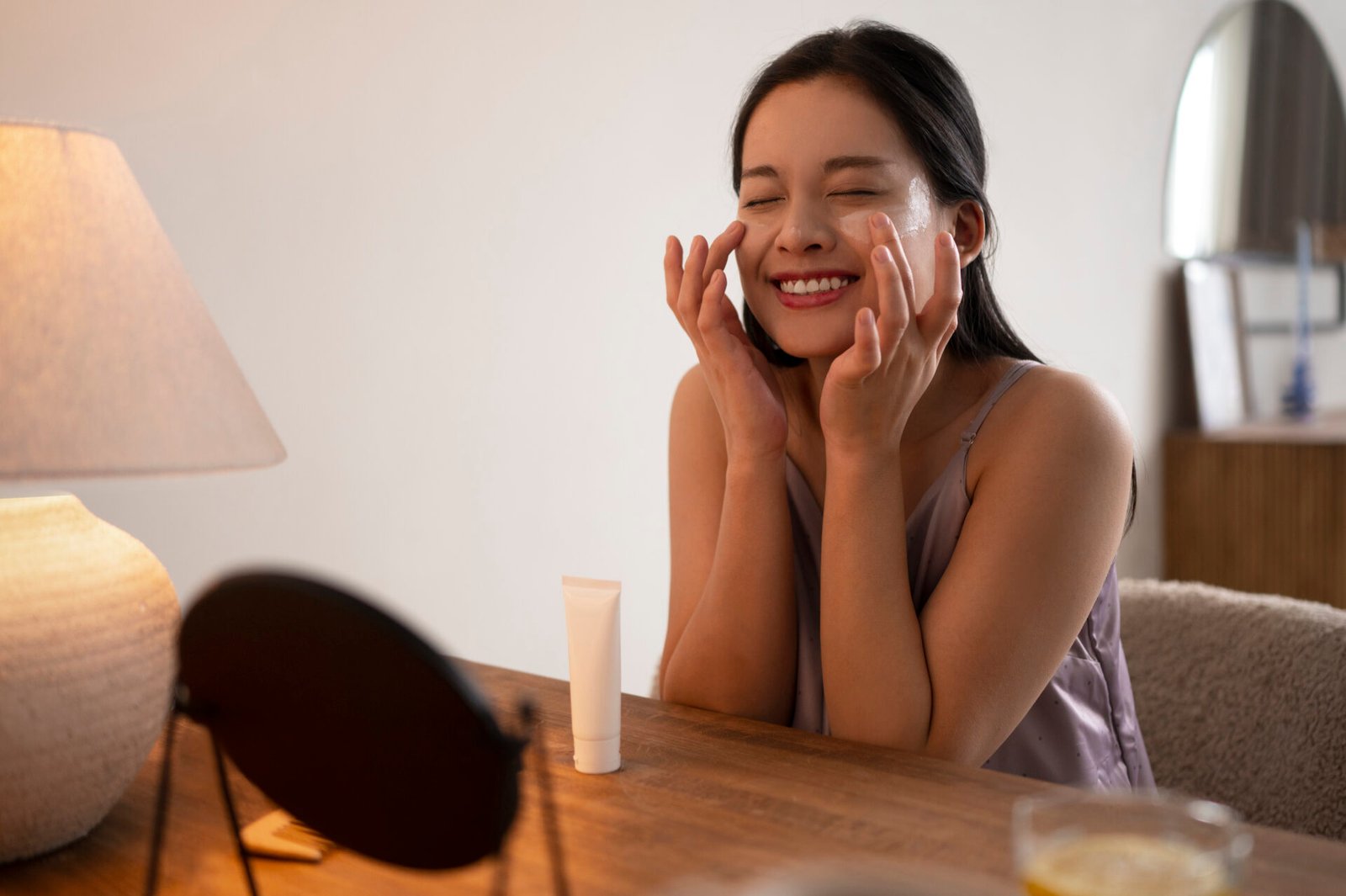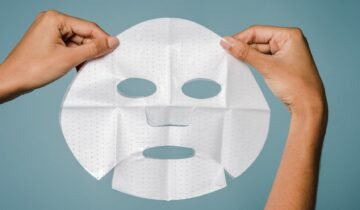Acne is a common skin condition that affects millions of people worldwide, and its impact can be more than just skin-deep. The phrase “macam-macam jerawat” (various types of acne) refers to the diverse forms and manifestations of this skin issue. In this comprehensive guide, we will explore the different types of acne, from the well-known to the more obscure, and shed light on their characteristics and treatment options.
The Many Types of Acne
Acne is not a one-size-fits-all condition; it comes in various forms, each with its unique characteristics and underlying causes. Understanding these different types of acne is essential for effective treatment and management.
1. Comedonal Acne: Whiteheads and Blackheads
Comedonal acne, including whiteheads and blackheads, occurs when hair follicles become clogged with oil and dead skin cells. These are the most common types of acne, and they are non-inflammatory. They often respond well to topical treatments.
2. Inflammatory Acne: Papules and Pustules
Inflammatory acne includes papules and pustules, which are small, red, and inflamed bumps. Papules are sensitive to the touch, and pustules contain pus at their centers. These forms signal the transition from non-inflammatory to inflammatory acne and may require topical or oral medications.
3. Severe Forms: Nodules and Cysts
These acne type like nodules and cysts are large, painful, and deep-seated lumps beneath the skin’s surface. Nodules and cysts can be stubborn and often require medical intervention, such as corticosteroid injections.
4. Rare and Severe Types: Acne Conglobata and Acne Fulminans
These types are characterized by interconnected nodules and abscesses. They can lead to severe scarring and systemic symptoms. Medical treatment, including strong medications, is necessary.
5. Preventable Acne: Acne Mechanica
Acne mechanica is triggered by friction, heat, or pressure on the skin. It is commonly seen in athletes, students, or individuals wearing tight clothing. Avoiding causative factors, maintaining good hygiene, and considering over-the-counter treatments can help prevent this type of acne.




 No products in the cart.
No products in the cart.